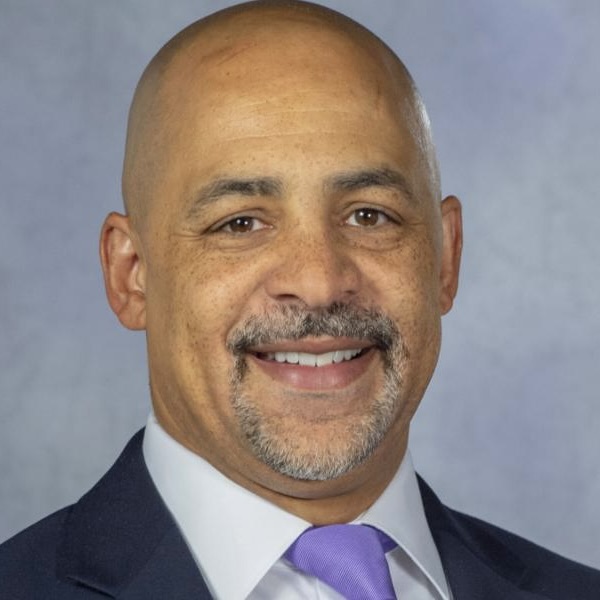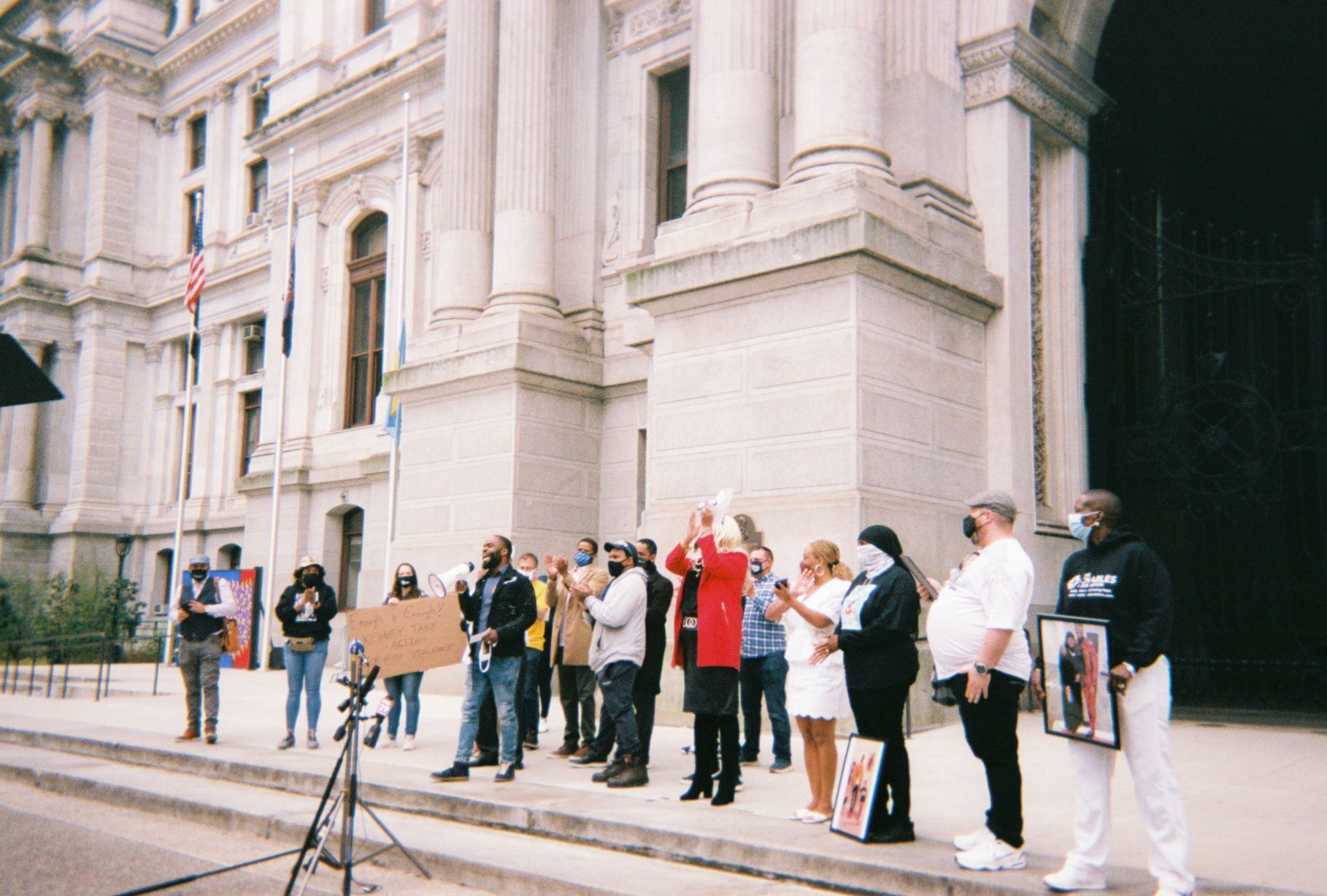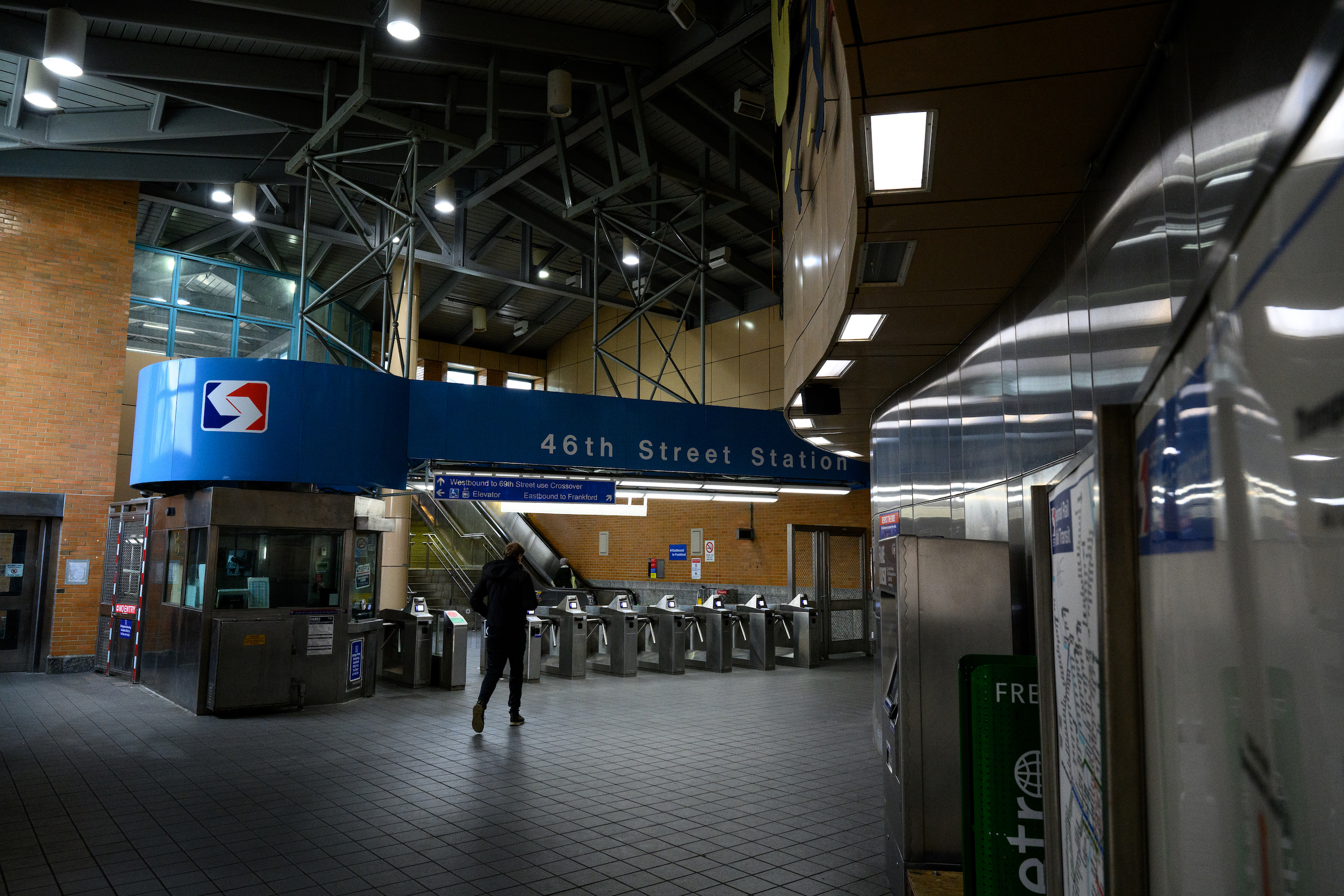As Philadelphia endures yet another violent summer, residents want to know what their representatives are going to do to keep them safe.
In November, the city will vote in another class of politicians to the state Legislature. We reached out to 40 candidates — some fresh-faced challengers and others longtime incumbents — and presented them with Philadelphians’ questions about how they plan to reduce gun violence. Up the Block gathered these questions at community events, outside of polling places during the May 17 primary, and in other public spaces in West Philadelphia and North Philadelphia.
Only eight candidates responded to our requests for comment. Of those, six were incumbent Democrats and two were Republican challengers.
While Democrats often win in Philadelphia districts, Republicans tend to dominate in statewide elections and hold majorities in both the State House and Senate.The last time Democrats had control of both chambers was 1993, and there’s no reason to think that November’s election will shift that trend.
The candidates we spoke with offered differing approaches for reducing gun violence. Several suggested better regulating gun dealers in the counties outside Philadelphia, cultivating stronger partnerships with constituents, and monitoring social media to stop disputes from escalating to gunfire. Others said parents should play a more active role in preventing risky behavior among their children, and reduce access to firearms in the home. Some addressed the challenge of trying to advance gun reform measures in a state whose Legislature is under Republican control.
How are young people getting access to guns, and what will you do to stop it?
State Senator Anthony Williams (Democrat, District 8): Williams said that, although he has pushed for gun control legislation in his more than 20 years in the state Legislature, “in Pennsylvania, we have some of the least-restrictive laws as it relates to how you can sell and how you distribute guns.”
He said that beyond legislative efforts, which include bills that would limit buyers to one gun purchase per month and raise the minimum age to purchase certain types of guns, “we’re trying to educate our communities on the consequences of guns” to deter young people from accessing them.
State Representative Joe Hohenstein (Democrat, 177th district): Hohenstein identified two ways people obtain guns illegally: from straw purchasers and from manufacturers of ghost guns.
“People that are called straw purchasers purchase guns, a number at a time, 20 or so at a time,” he said. “Those purchasers are registered, but then they will either transfer or sell, but not record the sale, and so those guns end up in the hands both of young people or criminal people who don’t have the actual right to own a gun.”




Hohenstein noted that state legislators have introduced measures to address straw purchases and ghost guns, but frequently, Republican committee chairs don’t advance gun reform bills, so the legislative body as a whole doesn’t get to vote on it. To read more about the logjam, check out this story from SpotlightPA.
Mark Lavelle (Republican candidate, 177th district): Lavelle said he would prioritize identifying the manufacturers of ghost guns and raising the legal age to purchase any kind of gun to 21 years old. He noted that the issue is personal: His 16-year-old nephew was killed with a ghost gun several years ago. No charges have been brought in the case.
“Why does an 18-year-old need a gun?” Lavelle said. “The city of Philadelphia is in the state of lawlessness with gun violence.”
Lavelle also supports stricter gun charges for those who are found to possess a gun illegally.
State Representative Jordan Harris (Democrat, 186th district): “It’s unconscionable that you can lose one firearm, let alone 10 firearms, and not have to report any of those to authorities,” Harris said. Earlier this year, a Harrisburg court struck down a Philadelphia ordinance that required gun owners to report a stolen or lost firearm.
He also suggested that parents search their kids’ rooms to check for firearms.
State Representative Darisha Parker (Democrat, 198th District): In an effort to point out that Republicans aren’t allowing gun bills to advance, Parker recently emailed her constituents a list of the content and status of every piece of gun reform legislation up for consideration.
She echoed Harris’s point about parents. “You should be trolling your adolescent that’s in your house, social media pages, who are the friends that they’re hanging with? At any given time, their door should not be closed. There is no privacy. You should be going through their drawers, going in their rooms, flipping their mattresses, and get in their business to find out what they’re doing, what are they up to.”
State Representative Chris Rabb (Democrat, 200th District): Rabb said he’s addressing the issue of young people’s access to guns by focusing on “the supply side of the problem.”
He’s currently seeking co-sponsors for a bill that aims to do this by subsidizing work by the attorney general to encourage law enforcement to report firearms they’ve seized. The bill would also support the state Attorney General’s Office, counties, and municipalities, in holding licensed firearms dealers accountable, especially those located “within a certain distance of metro areas with high rates of gun violence.”
Aaron Bashir (Republican candidate, 2nd Congressional District): Bashir said law enforcement officers, elected officials, and community members should work to block and deactivate social media accounts that promote the illegal sale of guns. Doing so, he said, would prevent some young people from accessing weapons.
Instead of reforming gun laws, he said he thinks it is more important to address the “mindset” of young people. In addition to law enforcement targeting social media activity, he suggested that schools should address what he called a “godless society” by teaching the 10 Commandments and the Bible. “We need to start teaching the kids at the school, the real values, what our parents taught us, what their parents taught them, that there is a God,” he said.
Over 10 residents in West and North Philly said they don’t trust their government to keep them safe. How would you respond to that?
Williams: “Over the last decades, you’ve seen a judicial system which has not treated everyone fairly. So that would mean that when you come to court, you already think that there’s going to be a bias against you, especially if you’re Black or brown and don’t have adequate representation.”
“The public has to remain vigilant to make demands and change. I’m appreciative of the fact that I’m a part of that. We’ve gotten bills, laws in the books that have allowed for some change to begin.”
Williams also said that more funding for retraining police was key so that communities consider an officer to be “an asset as opposed to a liability.”




Harris: “I can understand a person’s perspective on not trusting the government to keep them safe, because we continue to see numbers rise with homicides,” Harris said, but added that as a member of government who lives in the city, without a security detail, the threat of gun violence is as real to him as it is to his constituents.
“My mother lives in the same house that I grew up in. She’s had to scrub blood off of her steps because somebody got shot, ran down the street, and collapsed on her steps. This is not something that I’m just becoming acquainted with recently. I grew up in South Philly. I’ve seen people lose their lives to gun violence. So I am personally invested in the safety of this city.”
Parker: Parker said that public safety is also the responsibility of communities, adding that getting to know your neighbors helps to create a better sense of security.
“When are people going to get back involved?” she said. “It shouldn’t be a standing room only for a community meeting because somebody got killed. It should be a standing room [only] community meeting all the time.”
Rabb: “The best elected official is only as good as the stakeholders she represents and how engaged and informed they are,” Rabb said. “Now, it’s my job to help inform them in ways that I can. But it’s also important that stakeholders inform me, because it’s the people closest to the pain, who should have the greatest expertise.”
What will you do to stop the uptick in gun violence?
State Representative Joanna McClinton (Democrat, 191st District): Like many Democrats, she echoed frustrations about Republicans blocking votes on gun bills. “I am the co-sponsor to more than 50 pieces of legislation that would bring in practical gun safety measures.”
“I have continuously reached out to the other side of the aisle, by way of letters, conversations, press conferences very publicly, and sometimes privately, discreetly, and there has not been any movement.”
Rabb: “What can Democrats do to be more effective operating in the minority?”
In the summer of 2020, spurred by the nationwide protests that followed the deaths of George Floyd and Breonna Taylor, a group of Black legislators — including Rabb — took over the House floor and shut it down.
He described how this display of civil disobedience ultimately led to the state Legislature passing two Democratic bills addressing police accountability.
He added that Philadelphians who want to see movement on gun violence legislation need to go beyond “holding elected officials like me and others to account.”
“If everyone who cared about gun violence came to Harrisburg, and shut it down, you blocked all the entrances and exits for electeds, so that we couldn’t get to work, and you did that for hours, for days, for weeks — eventually, they’d have to negotiate with you,” he said. “But if there’s no evidence of that, because they’re not organizing, they’re not using their collective power, it makes it really hard for electeds like me to get anything done.”
Lavelle: The candidate said any legislation to address gun violence must represent the concerns of his constituency and not adhere to partisan expectations. “It has to be bipartisan. Safety should not divide party lines.”
He added that, no matter what happens in November, he thinks his candidacy can affect the race. “If I win a seat or not, if it means where I can get better representation from our incumbent, then my job’s done.”
Bashir: Bashir said he would be willing to meet with lawmakers of all parties to “find the solutions that work.”
“I do not see or perceive people as Democrats or Republicans. I just see them as Americans. And when American families are hurting, it hurts me,” he said.


